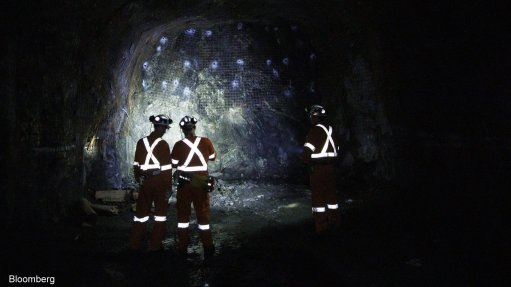
The Mining Association of British Columbia (MABC) has welcomed the release of the province’s new critical minerals strategy, but says it is missing a foundational element: competitive fiscal policy.
To unlock British Columbia’s critical minerals potential, the province needs competitive fiscal and regulatory policies to attract and retain investment in the sector, says MABC president and CEO Michael Goehring.
“BC’s mines and smelters operate in a high-cost environment due to complex resource geology and challenging geography. They are ‘price takers’ in world markets without the ability to pass increased costs and taxes onto global customers. Changes to BC’s tax regime over the past ten years have significantly increased operating costs across the sector,” he says.
The mining sector believes the critical minerals strategy lacks the foundation of a competitive fiscal framework, highlighted in the government’s transition to an output-based carbon pricing system (BC OBPS).
“BC’s mining and smelting industry supports a carbon price signal, but currently pays the highest carbon tax in Canada and the world, while having the lowest GHG [greenhouse gas] emissions globally – with no opportunity to decarbonise further because zero-emission haul truck technologies are not expected to be commercially available before the end of the decade, at best.
“It’s imperative existing and prospective critical mineral mines in BC pay a carbon tax that is competitive with Ontario and Quebec. If not, the OBPS will negatively impact investment decisions in BC and undermine the goals of the provincial government’s critical minerals strategy,” says Goehring.
The strategy, unveiled by Premier David Eby on Monday, recognises the generational opportunity critical minerals offer to all British Columbians. It contains policy initiatives to advance the industry including dedicating staff and resources to prioritise critical minerals projects and expedite permitting. The strategy also emphasises the need to support First Nations partnerships and economic reconciliation.
According to a statement by Eby, the first phase launches 11 key actions, including:
- taking action to expedite critical minerals projects and maximise federal funding opportunities through a new Critical Minerals Project Advancement Office;
- a British Columbia critical minerals atlas to provide world-class geoscience data that is always current, and to support exploration and land-use planning;
- alignment of Provincial and First Nations Energy and Mining Council critical minerals strategies, and continued engagement with First Nations across the province;
- British Columbia to work in partnership with First Nations and industry to identify and advance critical-mineral infrastructure such as the North Coast Transmission Line that is essential to critical-mineral development and growth, supported by a C$36-billion BC Hydro capital plan; and
- taking action to ensure the highest environmental, social and governance (ESG) standards, a new Energy and Mines Digital Trust project that empowers major mining operators in British Columbia to be more transparent about where and how their products are made.
“The world needs a stable, free, democratic, high-standard producer of the metals and minerals needed to battle climate change. That gives BC a generational opportunity to seize, one where we can be prosperous and protect the planet for our kids at the same time,” said Eby.
“Resource workers like miners in our province are on the front lines of the fight against climate change. We’ll support them and their families, so they can support the whole province.”
During Eby’s announcement at the Association of Mineral Explorers annual conference, he shared exploration expenditures and mine production numbers for 2023, reaffirming another strong year for British Columbia’s mining and mineral exploration sector. Last year, mineral-exploration expenditure in the province was C$643.5-million, 94.1% higher than in 2018, the first full year of this government's mandate. Mining production value is forecast to be more than C$15.9-billion for 2023, a 63.9% increase from 2018. Over the past several years, the province has also made significant progress on exploration-permitting timelines, including a 52% reduction in the backlog of permits.